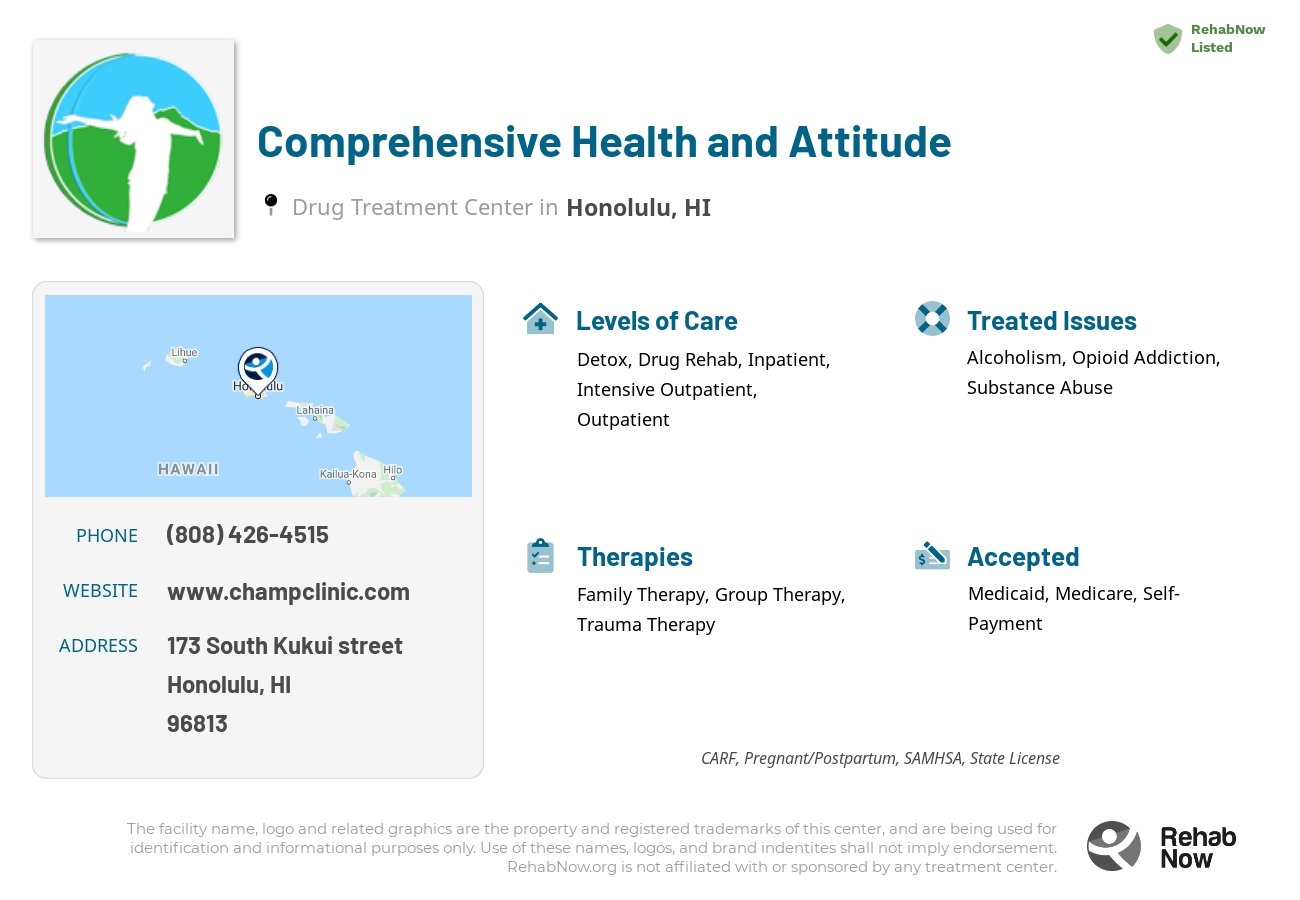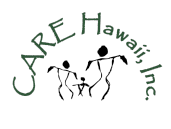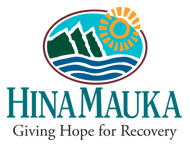
Comprehensive Health and Attitude
Drug Rehab Center in Honolulu, Hawaii
- Substance Abuse
- Opioid Addiction
- Drug Addiction
- Alcoholism
Comprehensive Health and Attitude (CHA) is a mental and behavioral health provider in Honolulu that offers a comprehensive range of services for substance use and addiction treatment, including assessment, detoxification, inpatient treatment, outpatient treatment, aftercare planning, family counseling, vocational counseling, and more.
Multiple patients have reported Comprehensive Health and Attitude as permanently closed.
Research other rehabs in Honolulu, Hawaii, or get help finding an open facility.
Our experts will find you an alternative facility.
(888) 674-0062 24/7 Free, Confidential, Expert HotlineAbout Comprehensive Health and Attitude in Hawaii
Comprehensive Health and Attitude, located in Honolulu, Hawaii, is a private rehab center dedicated to helping individuals recover from alcoholism, drug addiction, opioid addiction, and substance abuse. It stands out for its multifaceted approach to recovery, combining methadone maintenance and detox with support services for both the individuals struggling with addiction and their families. This holistic method underscores their commitment to reducing harm and restoring life functionality.
Accredited by the Joint Commission and licensed by the State of Hawaii, Comprehensive Health and Attitude offers a broad spectrum of services. These range from medically monitored detoxification and inpatient treatment to outpatient services and aftercare planning, all designed to cater to the unique needs of each client and their loved ones. Their longevity and awards from reputable bodies like SAMHSA highlight their established record of providing quality care.
- Offers a full continuum of care from inpatient services to aftercare, addressing the needs at every recovery stage.
- Provides specialized services including family counseling and vocational counseling, ensuring a comprehensive approach to recovery.
- An on-site pharmacy, laboratory, and digital x-ray services are available, making a wide range of medical care accessible to clients.
Comprehensive Health and Attitude focuses on treating a variety of addictions, including alcoholism, drug, and opioid addictions, employing a mix of methadone maintenance and detoxification alongside support services. The center offers multiple levels of care, including inpatient, outpatient, and aftercare planning, tailored to support individuals in achieving and maintaining sobriety.
Genders
Ages
Modality
Additional
Accreditations
State License
SAMHSA

CARF
The Commission on Accreditation of Rehabilitation Facilities (CARF) is a non-profit organization that specifically accredits rehab organizations. Founded in 1966, CARF's, mission is to help service providers like rehab facilities maintain high standards of care.
Conditions and Issues Treated
Rehabilitation, Medication, and Therapy – a combination of all three is most effective.
The most successful treatments for drug dependence or abuse have been those that include education and counseling and medication such as methadone or buprenorphine. The right drug abuse treatments need counseling, psychotherapy, and detoxification or medications to help with withdrawal symptoms.
Substance abuse can take many different forms, including the overuse or misuse of prescription drugs, unprescribed drugs, alcohol addiction, and drug addiction.
A combination of treatments is often needed to treat drug abuse issues effectively. In the case of drug abuse, there is no easy answer or one-size-fits-all cure.
While some drug addictions can be treated with counseling and support groups, many drug abusers also need medication to help them overcome their addiction. In other cases, drug abuse can lead to a medical problem and require medical treatment.
Treatment for drug addiction typically combines counseling and psychotherapy with medication and behavioral therapies. In some rare cases, hospitalization may also be required. All different treatments combined are the best way to help someone addicted to drugs, alcohol, or other substances.
Treatment for opioid addiction is best made with the help of medical professionals who are experienced in dealing with these types of drugs. This treatment can involve medications, exercise, behavioral therapy, and counseling sessions. It is important to note that the effectiveness of treatments for opioid addiction vary, so it is vital to research which treatment options are suitable for each individual.
Many people who struggle with opioid addiction need to attend specific programs like methadone , Suboxone or Vivitrol clinics.
These types of programs will provide the patient with legal, prescription medications that can help them overcome their cravings for illegal opioids like heroin or fentanyl . If the patient has a chronic condition like Hepatitis C, they must undergo treatment before they can begin taking these medications.
Levels of Care Offered
This center offers a variety of custom treatment tailored to individual recovery. Currently available are Detox, Drug Rehab, Inpatient, Intensive Outpatient, Outpatient, with additional therapies available as listed below.
Detox is the stage of recovery where the drugs or alcohol are entirely removed from your body. There are two different ways to detox, with medications and without. For many drugs and alcohol, the acute phase of detox can be completed in a number of days.
Inpatient recovery offers individual therapy, groups, and family therapy. The length of inpatient addiction treatment depends on the addict and their addiction. Inpatient rehab is a costly drug treatment, costing anywhere from $30k- to $60k. However, insurance often offers help in covering these costs.
An intensive outpatient treatment program, or IOP, is set up for those struggling with an addiction to begin the recovery process. However, the patient will not live at the facility during treatment.
IOP involves patients coming in and out of a medical office building regularly to receive therapy and other services while continuing their life outside of these visits.
IOP is a step up from drug detoxification or alcohol detox. However, it’s still considered a phase of recovery rather than the ultimate goal. There are many rehabs and treatment facilities available to patients in need of IOP.
Outpatient treatment can be considered the lowest intensity level of addiction treatment in Honolulu, HI. It is ideal for early phase addiction or lower intensity addictions. Comprehensive Health and Attitude peer group support, 12-step programs, and individual counseling are likely to be involved.
Therapies & Programs
Family therapy can help you and your family deal with old issues that may trigger substance abuse. The idea behind family therapy for drug addiction is that you are never fully healed from substance abuse until you’ve healed your relationship with your family, too. To get sober, you need to find a different way to cope with the pain in your life.
This is when a group of people in various stages of recovery meet up and discuss their experiences, triggers, successes, failures, and even alternative therapies! Unlike support groups where everyone already knows each other, group therapy is conducted along side outpatient or inpatient treatment at Comprehensive Health and Attitude.
Trauma therapy is a clinical process that helps individuals deal with mental stress often caused by traumatic events. The therapist helps the person identify, understand and work through the problem. This is done with the help of talking about it in group or one-on-one counseling sessions.
Therapists use relaxation, role-playing, art, and music to help the person open up about what is bothering them. Some examples include:
- Talking about the traumatic event and how it affected them.
- Helping those who have PTSD to deal with their nightmares and recurring memories.
- Working with individuals to resolve the issues triggering the stress, whether seeing someone who reminds them of what happened or feeling helpless.
The individual is also encouraged to help others that are struggling with similar problems. This often helps them feel empowered and gives them hope.
Trauma therapy is not for everyone; it is usually reserved for people who have recently experienced a traumatic event and struggle to get over it. It is generally done for children, teenage victims of sexual assault, and war veterans.
Payment Options Accepted
For specific insurance or payment methods please contact us.
Additional Details
Specifics, location, and helpful extra information.
Honolulu, Hawaii 96813 Phone Number(808) 426-4515 Meta DetailsUpdated April 15, 2024
Staff Verified
Comprehensive Health and Attitude Patient Reviews
There are no reviews yet. Be the first one to write one.
Honolulu, Hawaii Addiction Information
Hawaii has one of the highest rates of drug abuse in the nation. Methamphetamines and marijuana are the most common drugs involved in drug-related crimes in Hawaii. The state loses $500 million every year due to methamphetamine abuse, according to the Hawaii Meth Project. More than 1 million prescriptions for prescription drugs are given out every year.
In 2016, there were 809 drug-related deaths in Honolulu. Heroin was involved in more than half of all overdose deaths in 2016. 6.1 percent of people in Honolulu abused drugs in the past month. In 2015, there were 2,538 admissions to treatment centers for drug abuse in Honolulu. There are many drug treatment facilities in Honolulu, HI that can help you or your loved one get sober.
Treatment in Nearby Cities
- Pahala, HI (212.4 mi.)
- Waianae, HI (22.8 mi.)
- Kahului, HI (94.0 mi.)
- Honokaa, HI (176.3 mi.)
- Hakalau, HI (201.8 mi.)
Centers near Comprehensive Health and Attitude

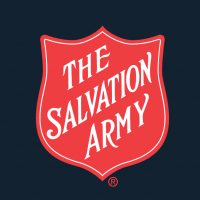
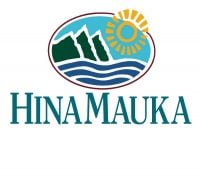
The facility name, logo and brand are the property and registered trademarks of Comprehensive Health and Attitude, and are being used for identification and informational purposes only. Use of these names, logos and brands shall not imply endorsement. RehabNow.org is not affiliated with or sponsored by Comprehensive Health and Attitude.




